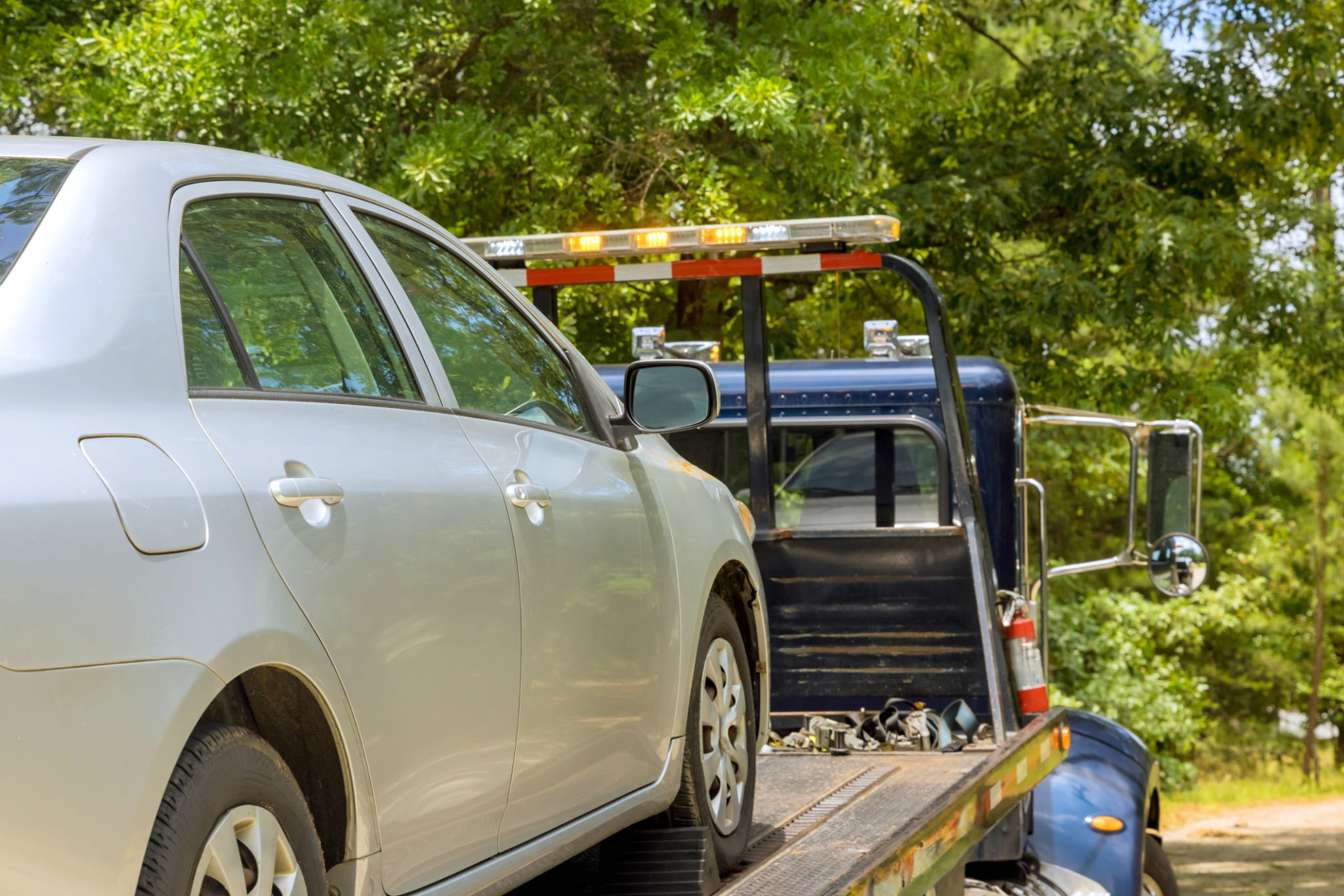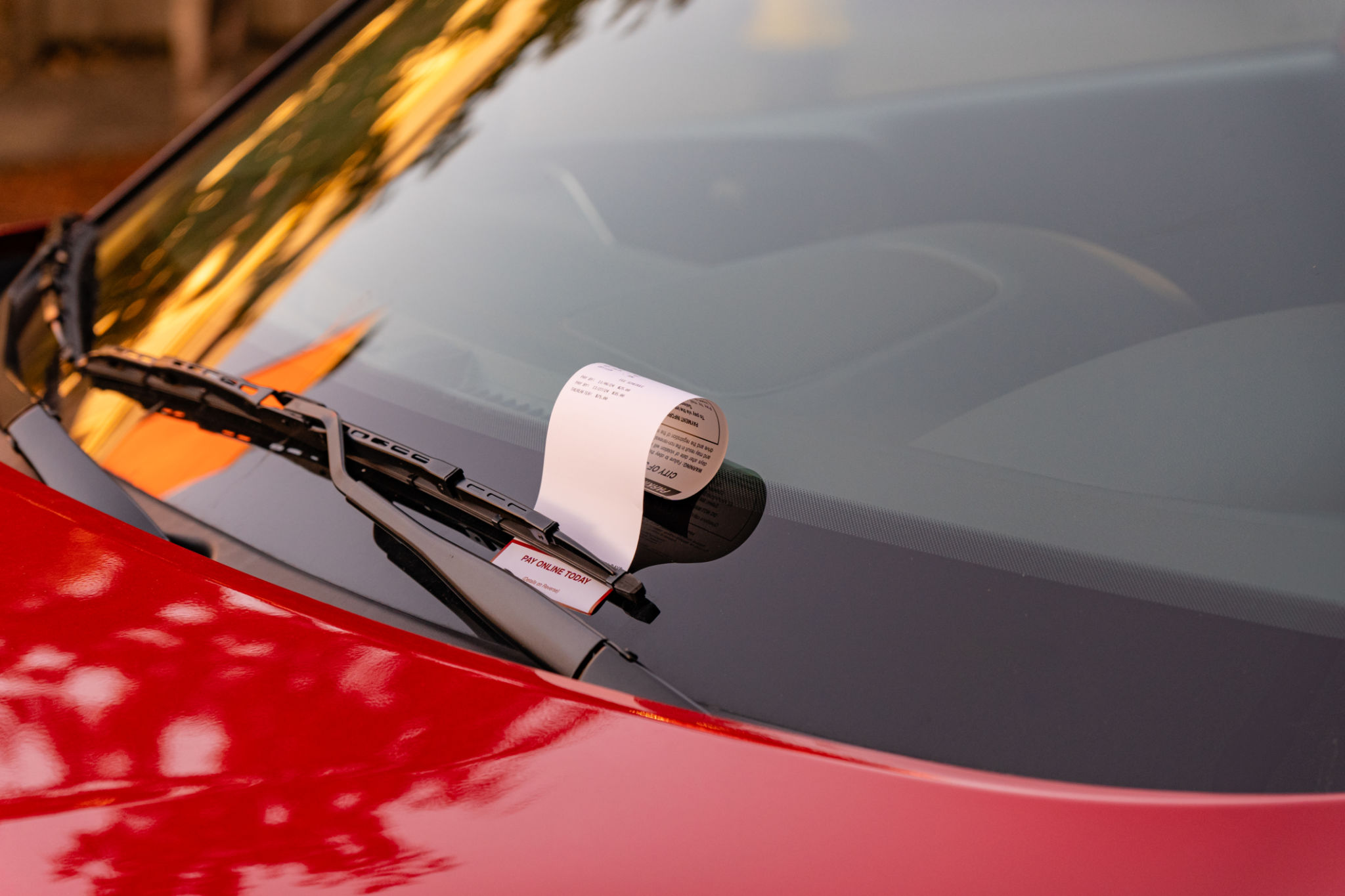Understanding Towing Regulations in New Haven County
Introduction to Towing Regulations
Understanding towing regulations in New Haven County is crucial for both vehicle owners and towing companies. These regulations ensure that towing activities are carried out legally and fairly, protecting the interests of all parties involved. Whether you're a resident or a visitor, knowing these rules can save you from unnecessary hassles and expenses.
New Haven County, like many areas, has specific laws governing towing practices. These rules cover everything from the circumstances under which a vehicle can be towed to the fees that can be charged. Familiarizing yourself with these regulations can help you avoid potential legal issues.

When Can a Vehicle Be Towed?
One of the most important aspects of towing regulations is understanding when a vehicle can legally be towed. In New Haven County, vehicles can be towed if they are parked illegally, such as in a no-parking zone or blocking a driveway. Additionally, vehicles that are abandoned or pose a safety hazard may also be subject to towing.
Towing without proper authorization is illegal and can lead to fines and other penalties for towing companies. It's crucial for towing operators to ensure they have the necessary permissions before proceeding with a tow.
Authorized Towing Situations
- No-parking zones
- Blocking driveways or fire hydrants
- Abandoned vehicles
- Vehicles involved in accidents
Towing Fees and Charges
The cost associated with towing can vary, but New Haven County has regulations in place to prevent excessive fees. Towing companies must adhere to a fee schedule that outlines the maximum charges for different towing services. It's important for vehicle owners to be aware of these limits to avoid overcharging.
Some common charges include fees for the actual towing service, storage fees if the vehicle is kept at a lot, and additional fees for special equipment if needed. Vehicle owners should ask for an itemized bill to ensure transparency in the charges.

Disputing Towing Charges
If you believe you've been overcharged or your vehicle was towed improperly, there are steps you can take to dispute the charges. Start by contacting the towing company directly to resolve the issue. If that doesn't work, you may need to escalate the matter to local authorities or seek legal advice.
Rights of Vehicle Owners
Vehicle owners have specific rights when it comes to towing. For instance, they should receive a notice detailing why their vehicle was towed and where it has been taken. This notice should also include information on how to retrieve the vehicle and any associated fees.
Understanding your rights can help you act swiftly if your vehicle is towed. It's also beneficial to keep important documents, such as registration and insurance details, handy in case they are required during the retrieval process.

Preventing Unwanted Towing
The best way to avoid complications with towing is prevention. Always park in designated areas, pay attention to signage, and ensure your vehicle is not obstructing traffic or access points. By following these simple guidelines, you can significantly reduce the risk of your vehicle being towed.
By staying informed about the towing regulations in New Haven County, you can ensure that you know your rights and responsibilities as a vehicle owner. This knowledge not only protects you but also contributes to smoother interactions with towing services in the area.